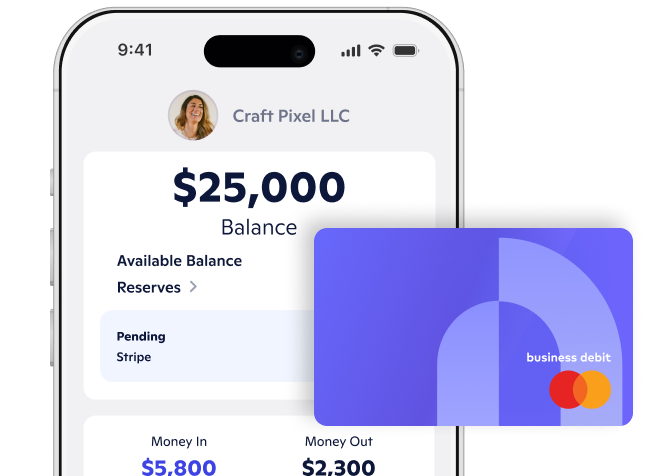
electing a small business health insurance plan is one of many important decisions you’ll need to make as a small business owner. With some health insurance plans, you can even sign up any time of year, not just during open enrollment.
To choose the right health insurance plan as a small employer, you need to balance adhering to your budget and ensuring your employees’ health care needs get met. There is no point in choosing a cheap plan to save money if it isn’t relevant to those who work at your business. Here are some best practices on choosing the right health insurance plan within a budget that works for you.
Why is it Important For My Business to Offer Health Insurance?
Understandably, you may be worried about whether you can afford to provide health care coverage to your employees. While it will use up a portion of your business expenses, offering health insurance doesn’t need to be completely cost-prohibitive.
For instance, you can utilize health reimbursement arrangements or health savings accounts to help you and your employees afford health benefits. Whatever you choose, it’s a good idea to seek the help of a tax or financial professional who specializes in these sorts of matters to help you determine how it could affect your business financially.
Offering a competitive benefits package is crucial to ensure you attract and retain the best talent you can find, especially if your industry is competitive.
Retaining loyal employees has a massive impact on your business, from keeping your company running smoothly to increasing its growth rate. Replacing an employee tends to be more costly than compensating your team well in the first place.
Depending on the laws and regulations where your business operates, you may face some financial consequences if you don’t provide benefits.
Now that you know why you probably should offer health insurance let’s look at how you can pick the right plan.
Determine The Cost of Health Insurance
Small business owners tend to be concerned about costs when offering group health insurance. There are plenty of health insurance options to ensure you stay within budget and increase health insurance coverage as you need to.
The most budget-friendly option for group coverage is a high deductible, low premium plan. That way, your upfront out-of-pocket costs are lower. You might also look at options for low deductible, high premium plans if you or your employees carry different health needs — yes, it’ll come at a higher cost.
Offering either option could depend on the demographics of your employees. For instance, younger employees may not usually need to go to the doctor as often, so they may be willing to pay more in deductibles. However, older employees or those with preexisting conditions may need more coverage and therefore hope for lower deductibles.
In general, you’ll be able to choose from different tiers to see how much coverage other plans provide. Coverage options might look like this:
- Bronze Tier: 60% coverage, 40% deductible
- Silver Tier: 70% coverage, 30% deductible
- Gold Tier: 80% coverage, 20% deductible
- Platinum Tier: 90% coverage, 10% deductible
There are some insurance companies, however, which offer the following types of tiers:
- No deductible (plan provides all coverage)
- High deductible (some out of pocket expenses)
- Low deductible (significant amount of out of pocket expenses)
Don’t forget to factor in a plan’s total deductible and out of pocket limits. The entire plan cost will be the same as the deductible plus the monthly premium. This means that even if your premium seems low, it could end up more expensive compared to other plans once you factor in the total deductible.
With the introduction of the Affordable Care Act (ACA), the maximum out-of-pocket limit for 2022 is as follows:
- $8,550 for an individual
- $17,100 for a family
It’s also essential to consider copays that your employees will need to pay. Some employees will want to set up a Health Reimbursement Account (HRA) or Health Savings Account (HSA). Make sure to look into where this fits into your group health insurance plans.

Look at What The Plan Covers
Understanding the eligibility features of a health insurance plan will help you determine what your employees will appreciate the most. Offering a helpful plan means employees will use up all the benefits and potentially feel more satisfied with the benefits your healthcare plan provides.
In most cases, health insurance plans will offer the following benefits:
- Outpatient care
- Inpatient care (including in-hospital stays)
- Pediatric services
- Preventative services
- Prescription drugs
- Lab tests
- Emergency room visits
- Treatments for chronic conditions
- Pre- and post-natal care
- Mental health and substance abuse services
Take a careful look at what different plans offer as far as deductibles and coverage costs. There may be limits or caps in place to prevent employees from accessing too much of a particular type of service. Keep in mind that some employees may have dependents they wish to add to their health insurance coverage.
Look at the Network of Doctors
Different health insurance companies will provide various options for their network of doctors. Seeing what type of doctors you and your employees can access is vital in ensuring that everyone can utilize professionals they like and trust, not to mention professionals who are easy to meet via their location.
You’ll usually find the following options:
- Health Maintenance Organization (HMO): These plans will require you to choose from a list of approved doctors and may need approval to see other ones. HMOs tend to be the cheaper plan when compared to PPOs.
- Preferred Provider Organization (PPO): You can choose your own doctor and may not need approval to see other types of doctors like specialists.
As for out-of-network providers, most plans will require you to pay higher out-of-pocket costs.
Consider your employees’ needs and what they may benefit from the most. You may end up paying more upfront, but retaining your best employees will lead to a significant positive impact on your business's success in the long run.
Consider Your Options Carefully
The best health insurance plans for one small business are not necessarily the best for yours. Carefully consider your and your employees’ needs and other factors such as your business budget to develop the best plan that’ll check all the boxes. You can also visit healthcare.gov to learn more about your health insurance options and insurance costs. Affordable health insurance for your small business isn’t impossible to find! When you determine the cost of health insurance and look into what and who the plan covers, you’ll be able to offer your employees health insurance that encourages their retention.






